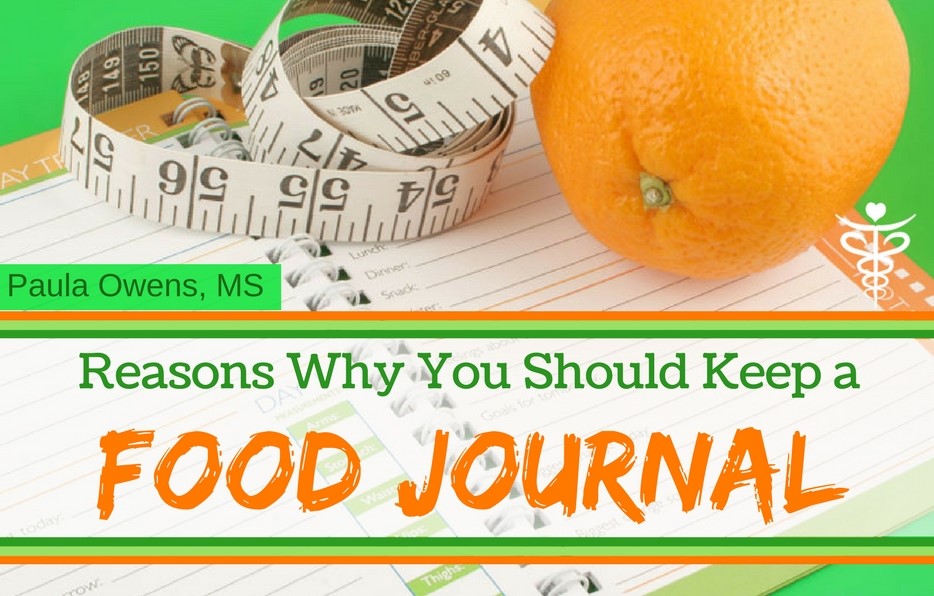Educating and Empowering You to Heal, Thrive, and Live a Happy, Healthy Lifestyle
Keep a Food Journal and Lose More Weight
 Do you want an easy and proven method to lose more weight faster?
Do you want an easy and proven method to lose more weight faster? Reasons to Keep a Food Journal
Those who keep a food journal and jot down what they eat tend to lose twice as much weight and make much healthier food choices compared to those who do not keep a food journal.
I suggest keeping a food journal for at least two weeks. Doing so encourages mindful eating, emotional triggers, satiety levels, helps manage portion control, and can help identify inflammatory foods that your digestive system may not agree with.
Another reason to keep a food journal is to track nutrient-density and diversity. When you continually eat the same foods day after day after day, you’re more susceptible to nutrient deficiencies and food sensitivities. You may notice that in a seven day period your diet consisted of the same 9-10 foods over and over.
When you eat foods that your body is sensitive to, your body experiences low-level inflammation and compromised immune function — symptoms you may not even realize are related to the foods you’re eating. Other symptoms of food sensitivities include weight loss resistance, bloating, itchy skin, hives, acne, sinus congestion, headaches, ringing in the ears, achy joints and many other symptoms.
 Many people eat mindlessly and are out of touch with what they’re actually consuming on a daily basis. Self-monitoring or tracking what you eat by writing everything down in a journal is a crucial aspect to change old habits and helpful for behavioral changes. Monitoring your food intake may feel like a burden, but it’s one of the best predictors of successful change. Journaling about food intake on a regular basis seems to function as a form of cognitive behavioral therapy.
Many people eat mindlessly and are out of touch with what they’re actually consuming on a daily basis. Self-monitoring or tracking what you eat by writing everything down in a journal is a crucial aspect to change old habits and helpful for behavioral changes. Monitoring your food intake may feel like a burden, but it’s one of the best predictors of successful change. Journaling about food intake on a regular basis seems to function as a form of cognitive behavioral therapy.
When you keep track of your food intake for at minimum of two weeks, it exposes the reality of what you’re “really” eating and makes you accountable to yourself. Are you grazing all day long? Non-stop snacking?
- Write everything down, even if it’s just a handful of nuts or a few jelly beans
- Share your food diary with a health coach or nutritionist to help you identify patterns and habits that may be sabotaging your goals
Something as simple as what you eat for breakfast can reveal why you may binge-eat, crave sweets or feel fatigued in the afternoon.
If you’re serious about losing weight and feeling better, start tracking your food and beverage intake whether it’s on a pad of paper in your purse or pocket, a spiral notebook, a mobile app, word doc or a computer program. Set realistic goals, develop an action plan and set it into motion!
Related Posts

